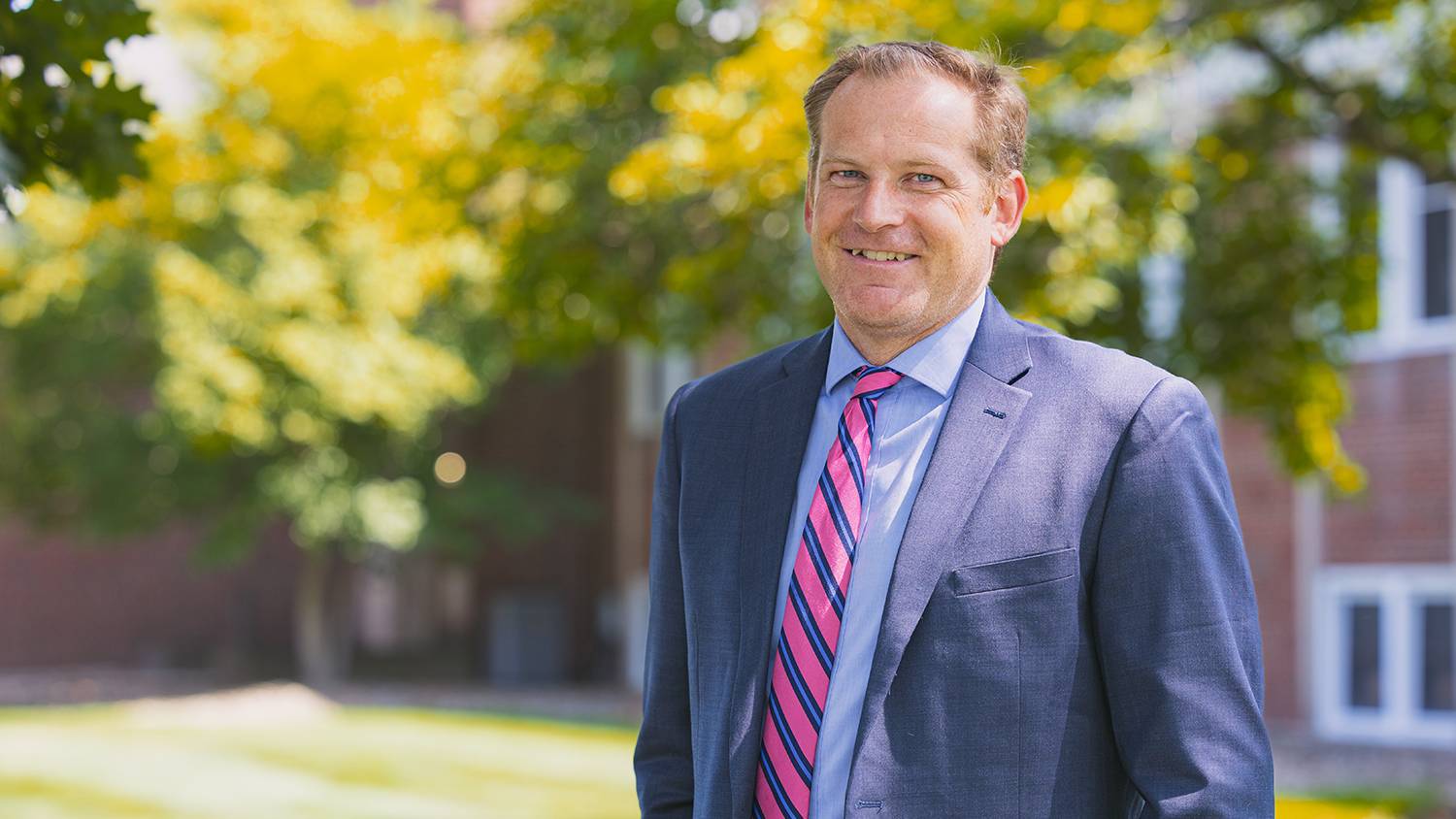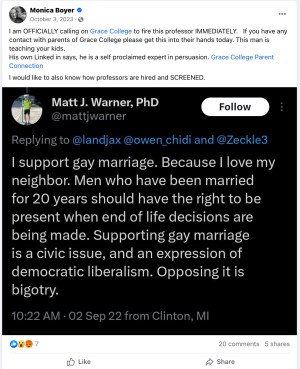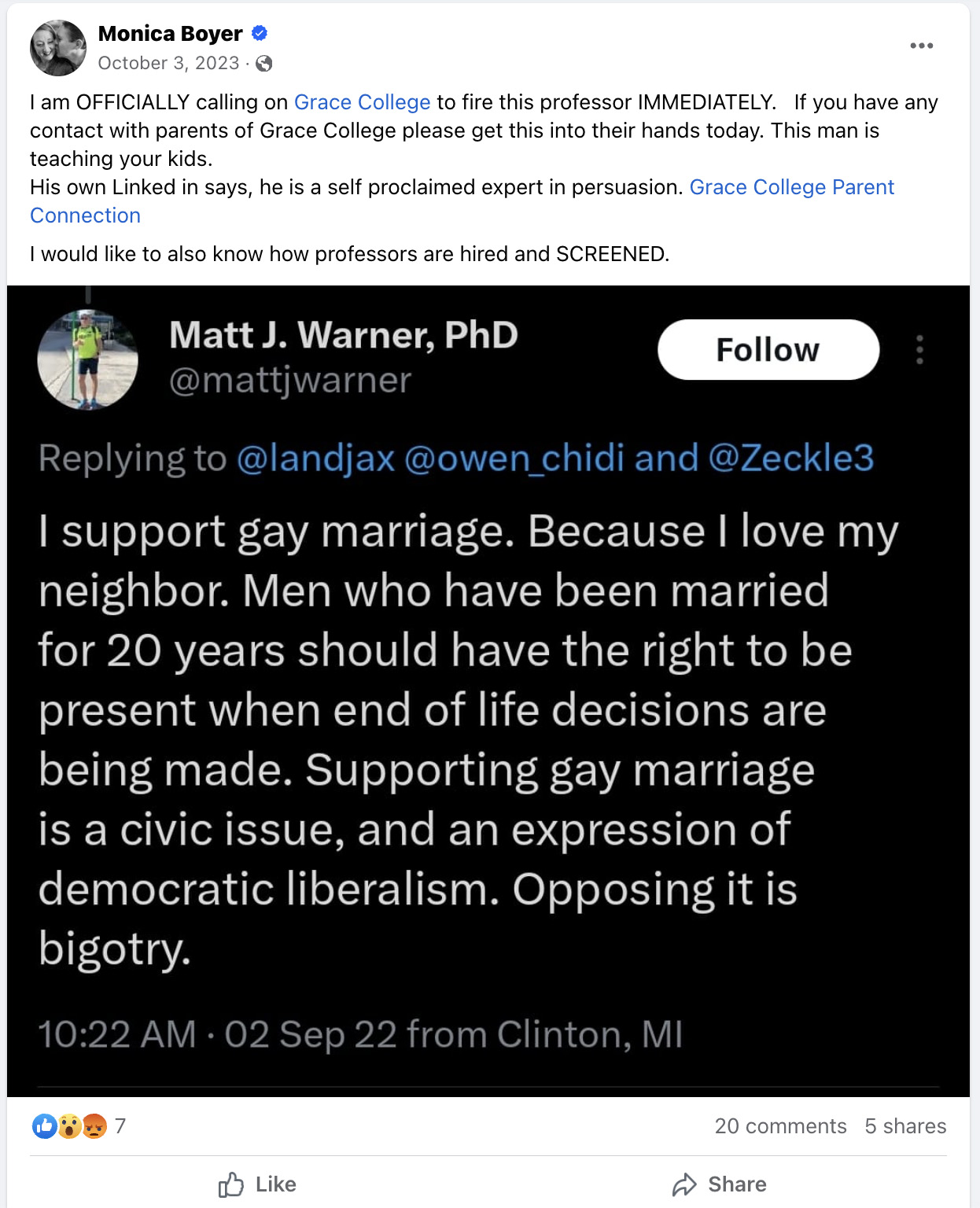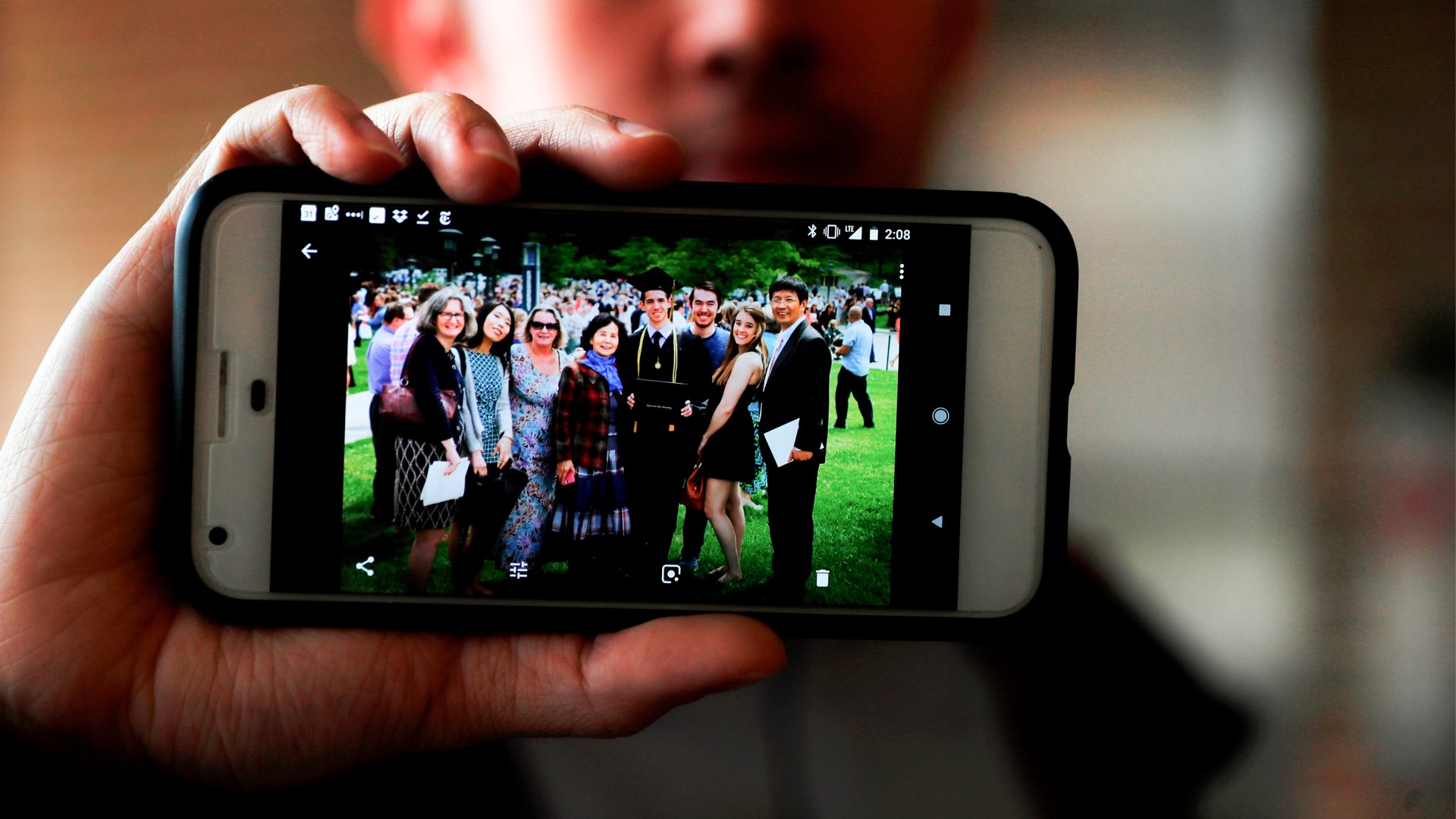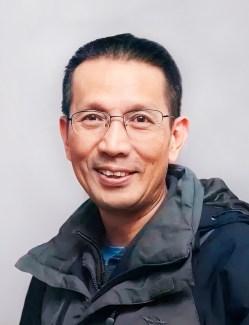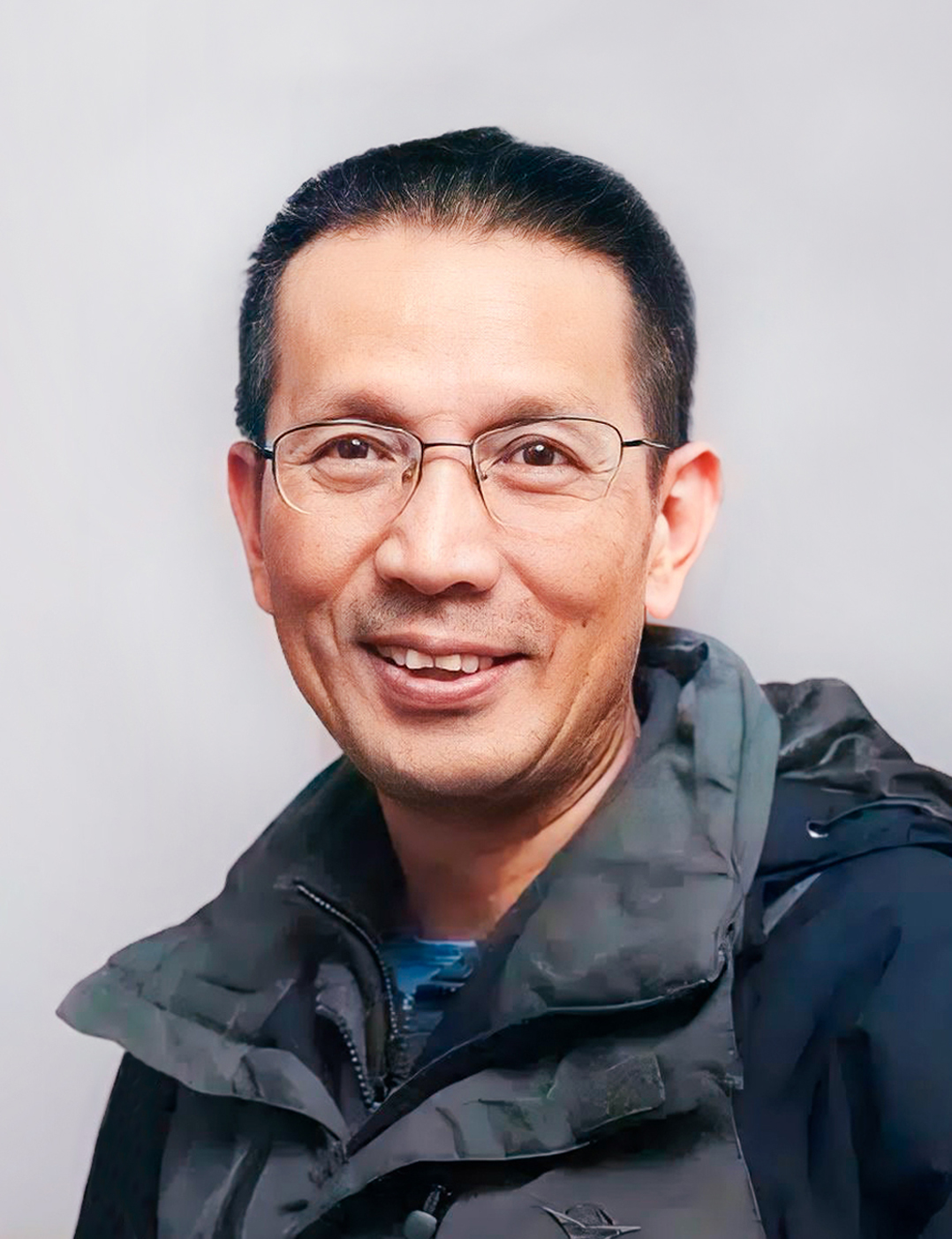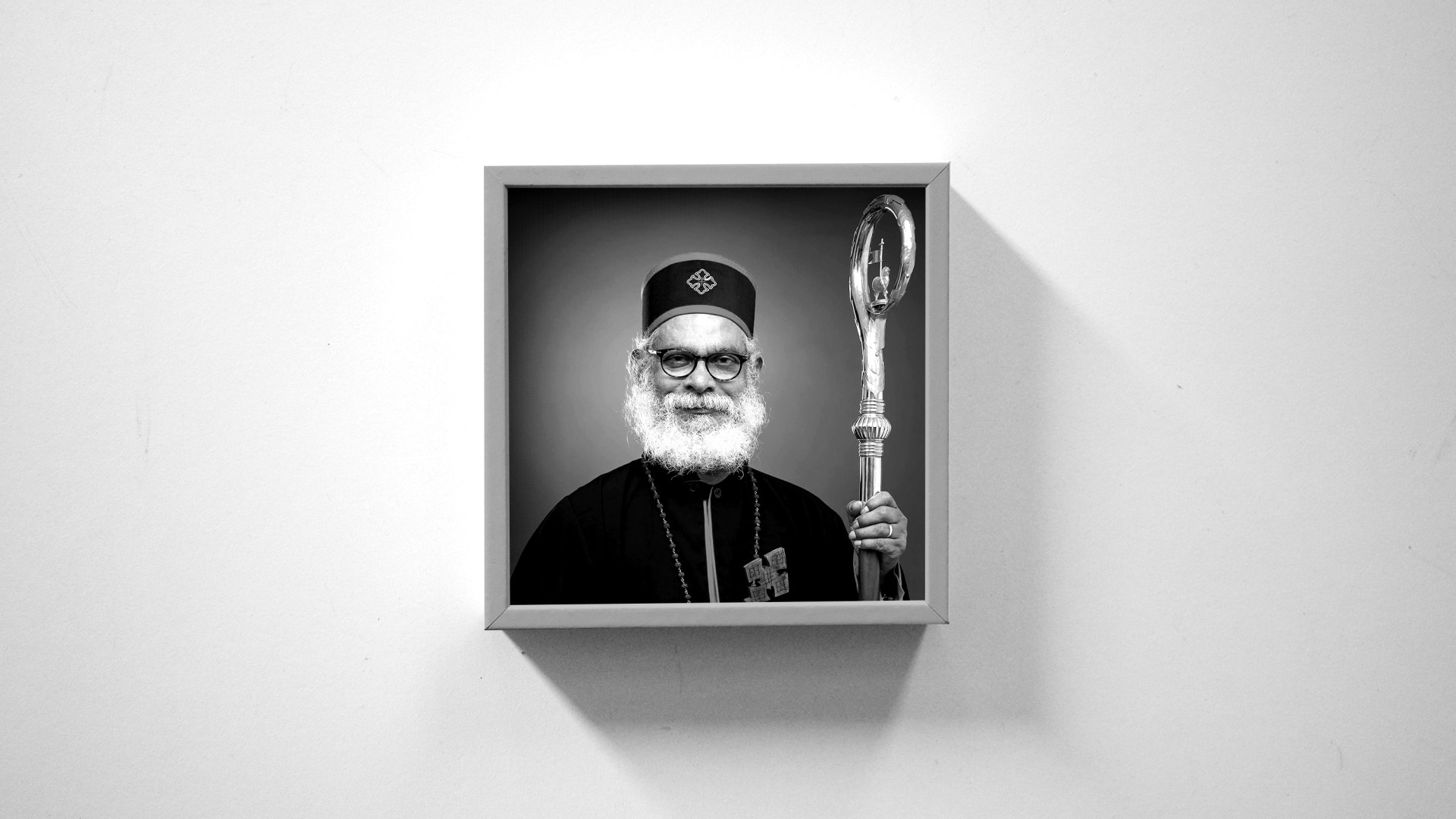The film was familiar but the language was new for Come and See CEO Stan Jantz.
As he sat in a theater in Warsaw, he looked around the room and saw people laughing and crying in the same places he had laughed and cried when he watched The Chosen, the popular streaming series that tells the story of Jesus through the eyes of the disciples. That was the moment of truth for Jantz. The real test for a translation—going beyond accuracy alone—is whether it connects with human hearts.
“Translation also has to be beautiful,” Jantz told CT. “It’s an art as much as it is a science.”
Come and See has dubbed or subtitled The Chosen into 50 languages so far. The group has plans to do the same for 550 more languages.
No TV show has ever been translated into that many languages. Few shows are dubbed more than a handful of times, even in an era where viewership of translated programs has dramatically increased, thanks to streaming services’ global business plans. Netflix can dub shows into about three dozen languages but mostly works in French, German, Polish, Italian, Turkish, Castilian Spanish, Latin American Spanish, and Brazilian Portuguese. Some very popular shows are remade in another language, like Suits, which has Japanese, Korean, and Mongolian versions.
Baywatch, starring David Hasselhoff and Pamela Anderson, has been translated 34 times. That was the record, until Come and See started turning out dubbed versions of The Chosen.
There’s not a lot of profit in dubbing, so for-profit efforts will only go so far. A nonprofit like Come and See can do more.
The group wants to reach 1 billion people with the show, so The Chosen can connect people to Jesus and bring them to faith. Come and See has partnered with The Chosen to translate the program for audiences that would otherwise never get to watch Jesus walk on water, heal the sick, and preach the Good News in their own language.
“It’s a huge challenge,” said Jantz, “but we’re finding it to be a goal that is so very important.”
The dubbed versions of The Chosen are currently available on an app. It takes Come and See between three and five months to translate a season of the show into a new language. The group partners with other organizations that specialize in translation to speed up the process.
As with Bible translation projects, Come and See has prioritized the most-spoken languages, where a translation of the show could have an impact on the largest number of people.
“But there are what I would call exceptions,” Jantz said.
One of the first 50 translations, for example, was into Malagasy, which is spoken by about 25 million people in Madagascar and the Comoros. That dub job was prioritized at the request of Madagascar’s president, Andry Rajoelina.
Rajoelina watched the show and wanted everyone in his country to be able to see it, Jantz said. It’s typical for TV to be subtitled for viewers in the African island country, but many people in Madagascar cannot read. Rajoelina wanted those people to understand The Chosen too.
The Chosen was dubbed into Malagasy in 2023. It is believed to be the first show ever dubbed in the language. The impact was powerful.
“The effect goes on to this day,” Jantz said. “It’s been almost a year since that was done, but we still get stories of how they’re taking these translated episodes into remote places. It’s really exciting to see.”
The most-watched translation of The Chosen, so far, is Brazilian Portuguese. The first two episodes of season 4 were shown on 1,100 screens across Brazil and viewed by 275,000 people.
“Our prayer is that this series will be used by God to have a meaningful impact around the world and introduce many to the hope that is only found in Jesus,” Rick Dempsey Sr., a vice president at Come and See, told CT in an email.
Translation is a challenge, though. Come and See not only has to assess the number of people who might want to watch The Chosen in another language but whether the technology is available in an area for people to be able to watch. Dempsey called this the “digital vitality” of a language.
When Come and See decides to translate The Chosen into a language, they seek out pastors, Bible translators, and Bible scholars who speak that language.
“Whenever the English script includes a verbatim quote from Scripture, it’s crucial to ensure we refer to the corresponding passage in the vernacular Bible translation,” Dempsey said. “We document the book, chapter, and verse from the Bible where a quote comes from to help ensure consistency.”
They also have to find native speakers and language experts to help with English idioms. Phrases like sitting ducks or train of thought—or even born again—can be easily misunderstood if not handled with care, he said.
One of the experts who has helped is Imed Dabbour, a Christian journalist and poet from Tunisia. Dabbour started watching The Chosen with his children during a COVID-19 lockdown and loved it.
“The show’s unique Christian message speaks volumes, especially through its genuine depiction of Jesus and the compelling and unique story of Matthew, which personally resonated with me,” he said. “When I stumbled upon a plan for translating the show into Arabic, I felt compelled to reach out and take action.”
Dabbour, like Jantz, believes that accuracy is really important but that the test of translation is capturing linguistic subtleties and connecting with people on an emotional level.
“We strive to effectively convey the intended message to a Middle Eastern audience while respecting cultural nuances. It’s a delicate balance,” he said. “Bringing the show to diverse audiences in their mother tongue is a powerful way to touch hearts and ignite curiosity, potentially leading viewers to explore Scripture further.”
Kyle Young, head of The Chosen’s marketing and distribution department, said the show has now reached 200 million viewers. The viewership outside the US is now larger than its American audience. It is especially popular in Brazil, Mexico, India, Poland, and the Philippines.
“We have seen an explosion of The Chosen all around the world,” he told CT. “If the translation work was poor, we would certainly not see that level of engagement. That is a huge aspect of the success internationally.”
The Chosen is expected to conclude after three more seasons. The translation of the show into 550 more languages will go on for years after that, Jantz said. For him, it’s worthwhile, because the show is more than a show. The people who watch it could become not just fans but followers of Jesus.










